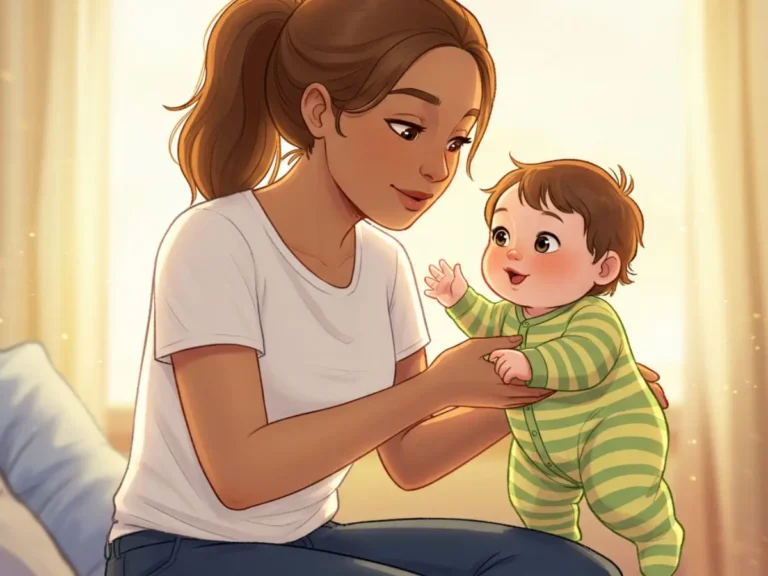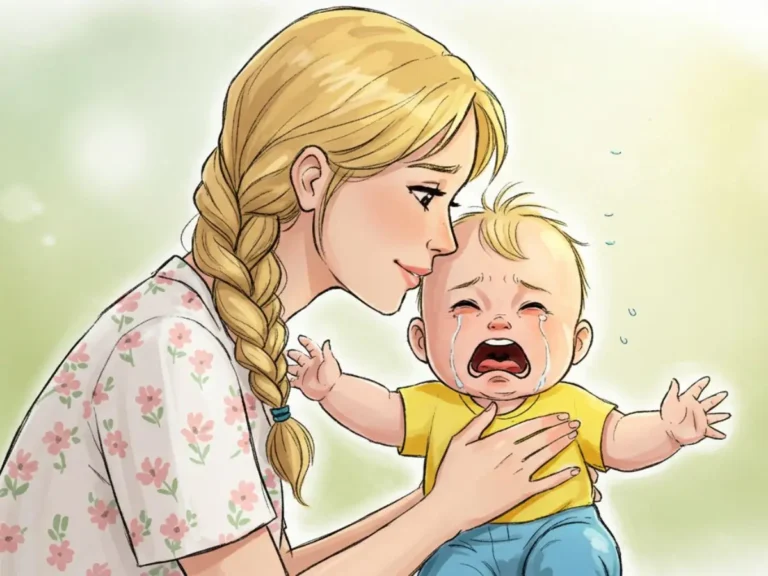What Is “Baby Fever” and Why Do We Suddenly Feel the Urge to Have a Baby?
Have you ever found yourself inexplicably drawn to cute baby photos on social media, or felt a sudden pang of longing when seeing parents with their little ones? If so, you’ve likely experienced what many people call “baby fever.” This phenomenon affects millions of people worldwide, transcending age, gender, and relationship status. Understanding baby fever can help us make sense of these powerful emotions and the biological and psychological forces behind them.
Understanding Baby Fever: More Than Just a Passing Feeling
Baby fever refers to the intense emotional desire to have a baby, often accompanied by increased attention to infants and heightened sensitivity to baby-related content. This phenomenon isn’t merely a fleeting whim – it’s a complex interplay of biological, psychological, and social factors that can significantly impact decision-making about parenthood.
Unlike simple maternal or paternal instincts, baby fever can strike anyone, regardless of their previous feelings about having children. It’s characterized by an almost magnetic attraction to babies, frequent thoughts about pregnancy and parenting, and sometimes even physical symptoms like an “aching” feeling when around infants.
The Science Behind Baby Fever
Research suggests that baby fever has deep biological roots. When we interact with babies, our brains release oxytocin, often called the “love hormone,” which creates feelings of bonding and attachment. This neurochemical response is evolutionary programming designed to ensure species survival and continuation.
Studies have shown that exposure to baby-related stimuli activates the same reward pathways in the brain associated with other pleasurable experiences. The release of dopamine during these interactions can create a literal craving for more baby contact, similar to how we might crave other rewarding experiences.
Hormonal fluctuations also play a crucial role in baby fever. Women may experience intensified feelings during certain phases of their menstrual cycle, particularly around ovulation when fertility hormones peak. However, baby fever isn’t exclusive to women – men can experience it too, often triggered by social or environmental factors.
Common Triggers That Spark Baby Fever
Several factors can trigger or intensify baby fever episodes. Social media exposure to baby content is one of the most common modern triggers. The constant stream of adorable baby photos, pregnancy announcements, and parenting milestones can create a powerful emotional response.
Life transitions often precipitate baby fever as well. Major events like marriage, career changes, or reaching certain age milestones can shift perspectives on family planning. Many people report experiencing baby fever after attending baby showers, spending time with friends’ children, or even watching movies featuring families.
Seasonal patterns also influence baby fever intensity. Many people report stronger feelings during spring and summer months, possibly due to increased social activities and exposure to families enjoying outdoor activities together.
The Psychological Aspects of Baby Fever
Baby fever involves complex psychological components beyond pure biological drive. For many, it represents a desire for deeper meaning, legacy, and connection. The idea of nurturing new life can fulfill psychological needs for purpose and unconditional love.
Social comparison theory explains how baby fever can intensify when surrounded by peers who are having children. Seeing friends and family members transition into parenthood can create feelings of being “left behind” or missing out on a fundamental life experience.
Cultural and societal expectations also contribute to baby fever. In cultures that highly value parenthood, individuals may experience increased pressure and desire to conform to these expectations, manifesting as baby fever.
Managing Baby Fever: Making Informed Decisions
Experiencing baby fever doesn’t necessarily mean it’s the right time to have a baby. It’s important to distinguish between emotional impulses and practical readiness for parenthood. Consider factors like financial stability, relationship readiness, career goals, and personal maturity.
If you’re experiencing intense baby fever, try spending time with babies through babysitting, volunteering, or helping friends with childcare. This can provide a realistic perspective on the challenges and rewards of caring for infants.
Professional counseling can be valuable for those struggling with baby fever, especially if it’s causing relationship stress or interfering with daily life. Therapists can help individuals explore the underlying emotions and make thoughtful decisions about their future.
When Baby Fever Becomes Overwhelming
While baby fever is normal, it can sometimes become overwhelming or problematic. If thoughts about having a baby interfere with work, relationships, or mental health, it may be time to seek support. Some people experience baby fever so intensely that it affects their ability to enjoy their current life circumstances.
Remember that baby fever often comes in waves. What feels urgent today may feel less pressing in a few weeks or months. Taking time to reflect on your feelings and their underlying causes can lead to more balanced decision-making about parenthood.
Baby fever is a natural human experience that reflects our deep-seated drives for connection, nurturing, and continuity. Understanding its biological and psychological components can help us navigate these powerful emotions with greater awareness and wisdom.







